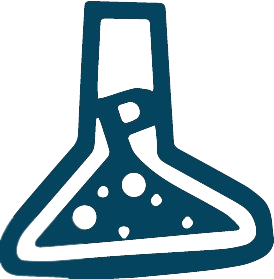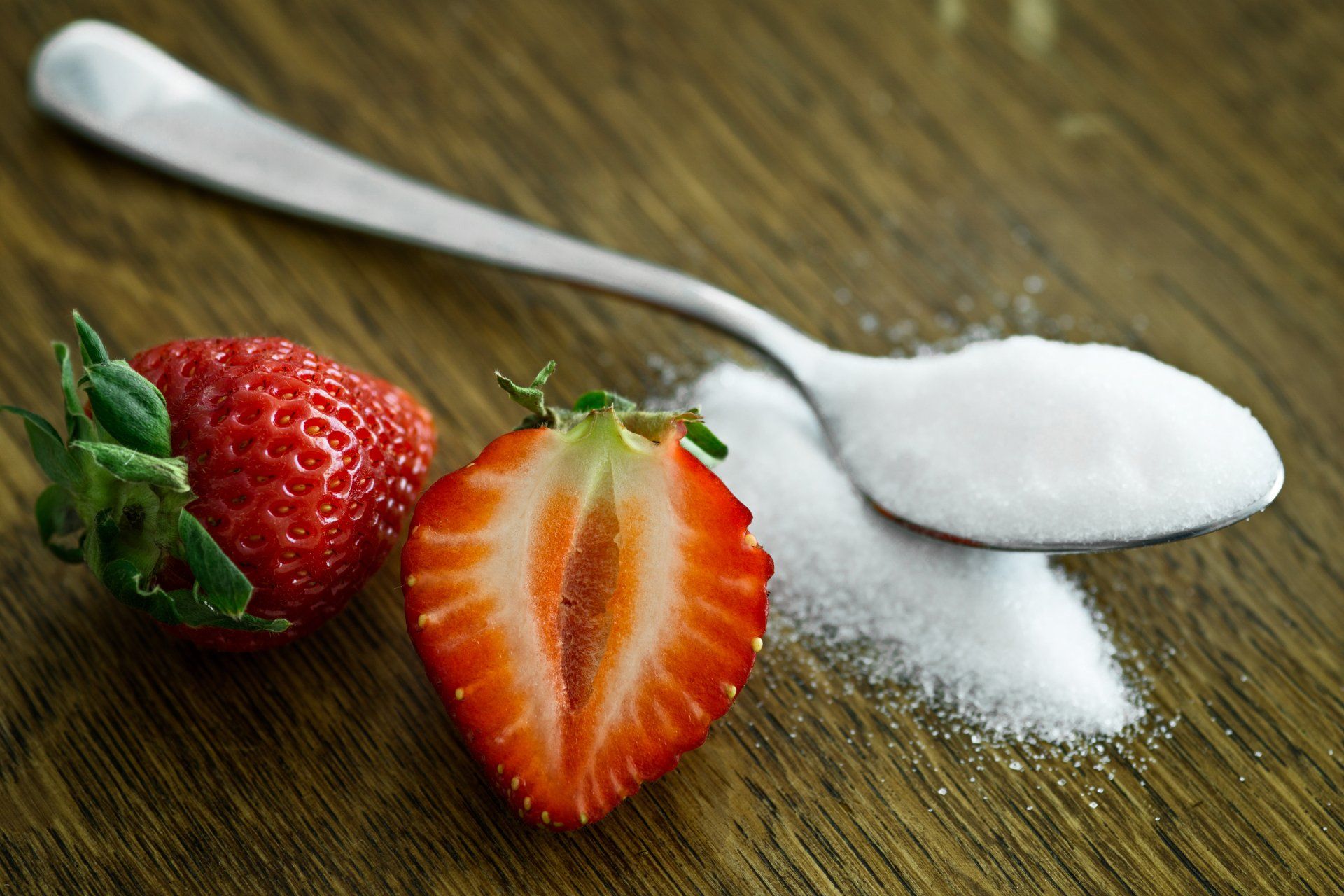The Significance of Sodium Balance in Your Diet: A Key to Wellness
The Significance of Sodium Balance in Your Diet: A Key to Wellness
By: Auburn Johnson MSc
Sodium, a mineral that often finds itself in the spotlight for its association with high blood pressure, holds a crucial role in maintaining the delicate balance of health. Achieving the right sodium balance in your diet is not just about reducing sodium intake but about understanding the pivotal role this essential mineral plays in various physiological processes. This article delves into the importance of maintaining a proper sodium balance for overall well-being.
1. Fluid Balance and Blood Pressure Regulation:
Sodium works hand-in-hand with other electrolytes, particularly potassium, to regulate fluid balance within and around cells. This balance is essential for controlling blood volume, and consequently, blood pressure. By maintaining an optimal sodium balance, the body ensures that blood pressure remains within a healthy range, reducing the risk of hypertension and related cardiovascular issues.
2. Electrolyte Harmony:
Sodium is one of the key electrolytes responsible for conducting electrical impulses across cell membranes. This is critical for nerve impulse transmission, muscle contractions, and maintaining the electrical potential of cells. Achieving a balance between sodium, potassium, calcium, and magnesium is essential for the smooth functioning of these physiological processes.
3. Cellular Function and Nutrient Transport:
Sodium is instrumental in facilitating the transport of essential nutrients, such as glucose and amino acids, across cell membranes. This ensures the proper functioning of cells and supports metabolic processes. Without adequate sodium, nutrient absorption and cellular function can be compromised, impacting overall health.
4. Kidney Health:
The kidneys play a central role in regulating sodium balance. They help excrete excess sodium to maintain overall balance and prevent sodium-related imbalances. A healthy sodium balance supports proper kidney function, ensuring the efficient removal of waste products from the body.
5. Brain and Nervous System Function:
Sodium is crucial for generating electrical impulses that enable communication between nerve cells. This is essential for cognitive functions, sensory perception, and motor coordination. Maintaining the right sodium balance supports optimal brain function and ensures the smooth transmission of nerve signals throughout the body.
6. Exercise and Hydration:
During physical activity and in hot conditions, the body loses sodium through sweat. Replenishing sodium levels becomes vital to prevent dehydration, muscle cramps, and electrolyte imbalances. Athletes and individuals engaged in regular exercise need to pay attention to sodium intake to support their performance and recovery.
In conclusion, achieving and maintaining a proper sodium balance in your diet is a key factor in promoting overall health and wellness. Rather than viewing sodium solely as a culprit in health issues, it's important to recognize its indispensable role in numerous physiological functions. Striking a balance through mindful dietary choices, staying hydrated, and understanding the synergy between various electrolytes is essential for harnessing the benefits of sodium without compromising health. As always, consulting with healthcare professionals can provide personalized guidance on maintaining an optimal sodium balance based on individual health needs and conditions.












